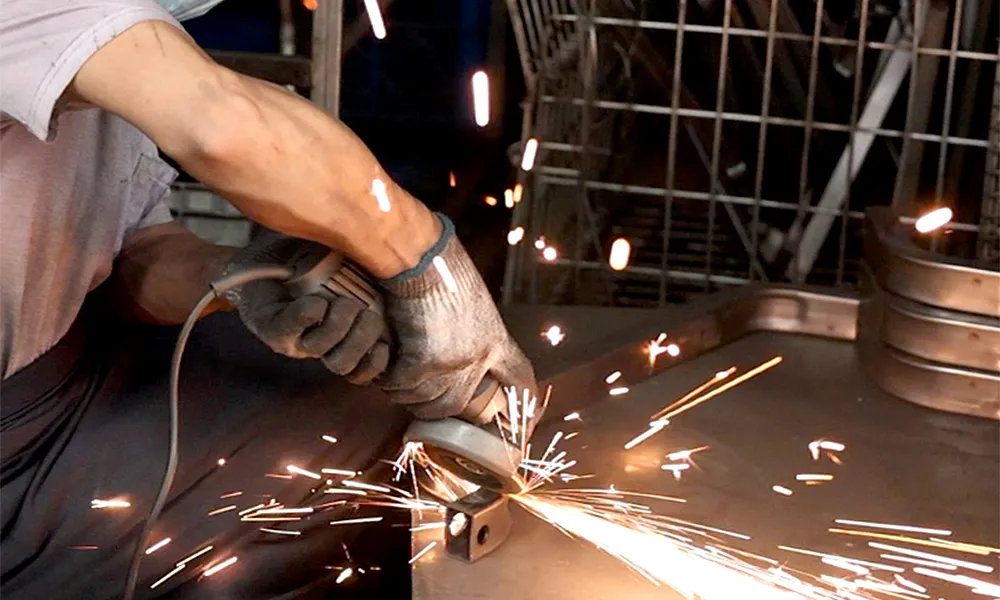
Understanding OEM Car Parts Quality and Reliability for Vehicle Maintenance
When it comes to maintaining or repairing vehicles, car owners and mechanics often face the critical decision of whether to use Original Equipment Manufacturer (OEM) parts or aftermarket alternatives. The term OEM car parts refers to components that are made by the same manufacturer that supplied the original parts for the vehicle assembly. This article delves into the significance of OEM car parts, their benefits, and why they are often the preferred choice for vehicle maintenance.
What Are OEM Car Parts?
OEM car parts are components manufactured by the original car manufacturer or by a supplier contracted by them. These parts adhere to the same quality standards and specifications as the parts originally installed in the vehicle during production. Generally, they carry the same part number as the original components, making them easily identifiable.
For example, if you own a Toyota, and you need to replace a brake pad, an OEM brake pad would come directly from Toyota or an authorized supplier approved by Toyota. In contrast, aftermarket parts might be produced by third-party manufacturers and can vary significantly in terms of quality and fit.
Benefits of Using OEM Car Parts
1. Quality Assurance One of the primary advantages of OEM parts is the guarantee of quality. Since these parts are produced according to the manufacturer's specifications, they are tested for durability and functionality. This results in reliable performance, enhancing the vehicle's overall safety and longevity.
2. Perfect Fit OEM parts are designed specifically for each vehicle model, ensuring a perfect fit. This reduces the likelihood of installation issues and helps maintain the integrity of the vehicle. In contrast, aftermarket parts can sometimes require modifications or adjustments for proper installation.

3. Warranty Protection Many OEM parts come with warranties that cover defects and guarantee performance for a specified period. This added layer of protection can offer peace of mind for car owners, ensuring that if something goes wrong shortly after installation, they can receive a replacement or refund without additional costs.
4. Maintaining Vehicle Value Using OEM parts can be crucial for maintaining a vehicle’s resale value. When potential buyers see that a car has been maintained with original parts, they are more likely to trust its condition and performance, potentially leading to a higher resale price.
5. Enhanced Compatibility OEM parts are designed to work seamlessly with other components and systems within the vehicle. This compatibility helps prevent complications that can arise from using substandard parts, which may not integrate well with the vehicle's systems.
Are OEM Car Parts Worth the Investment?
While OEM car parts may come with a higher price tag compared to aftermarket options, their long-term value often justifies the cost. A lower upfront expense for aftermarket parts can quickly lead to increased costs over time due to potential failures, additional repairs, or the need for replacements.
Moreover, when car owners opt for OEM parts, they often experience a smoother and more reliable performance. This can be especially important for critical components such as brakes, suspension systems, and engines, where quality is paramount.
Conclusion
In summary, OEM car parts represent a commitment to quality, reliability, and vehicle safety. While they may be a bit more expensive initially, the long-term benefits—ranging from enhanced performance and perfect fit to warranty protection and maintaining resale value—make them a wise investment for dedicated car owners. Whether you’re maintaining an older vehicle or keeping a newer model in prime condition, investing in OEM parts is a decision that pays off in reliability and peace of mind.